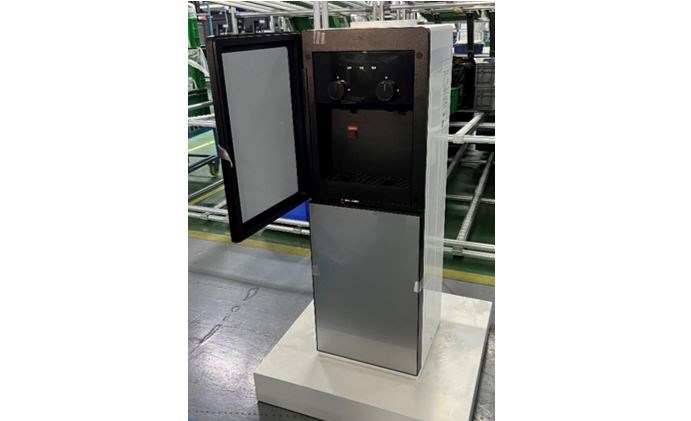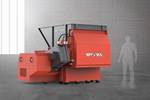Ineos Styrolution Aims to Create First Large-Scale Home Appliance Closed-Loop Circular Economy System
This, through collaboration in China with waste recycler GER and appliance manufacturer Midea.

A collaboration underway is expected to result in the world’s first large-scale home appliance closed-loop circular economy system. Styrenics manufacturer Ineos Styrolution recently announced that its ABS Eco grades produced from post-consumer recycled material by GER, a leading global recycler based in China, have been successfully validated by Midea for its range of sustainable household appliances, including air conditioners, refrigerators and water dispensers.
Established in 1968 and headquartered in Southern China, Midea is the global leader for household appliances and air conditioners, reportedly owning the most comprehensive white goods portfolio worldwide. At a recent event held at their site located in Foshan, China, Midea demonstrated the production of the pilot product using the new recycled material provided by Ineos Styrolution and was impressed with the ease of processing and the quality of the final product.
This first step is an important milestone for the establishment of a closed-loop circular economy system, by which Ineos Styrolution will produce ABS Eco and PS Eco grades using Midea’s products at their end-of-life, after being dismantled and recycled by GER. These ABS Eco and PS Eco grades, specially tailor-made for Midea, will then be used as a drop-in solution to manufacture Midea’s Eco home appliances.
The next steps are for Midea, GER and Ineos Styrolution to validate the use of PS Eco grades on a commercial scale at Midea’s production facilities, finalizing an integrated supply chain solution starting from Midea’s finished goods, to recycling after their end-of-life, and turning them into PS Eco and ABS Eco grades exclusively for Midea.
Related Content
-
Melt Flow Rate Testing–Part 1
Though often criticized, MFR is a very good gauge of the relative average molecular weight of the polymer. Since molecular weight (MW) is the driving force behind performance in polymers, it turns out to be a very useful number.
-
The Effects of Temperature
The polymers we work with follow the same principles as the body: the hotter the environment becomes, the less performance we can expect.
-
The Effects of Time on Polymers
Last month we briefly discussed the influence of temperature on the mechanical properties of polymers and reviewed some of the structural considerations that govern these effects.













